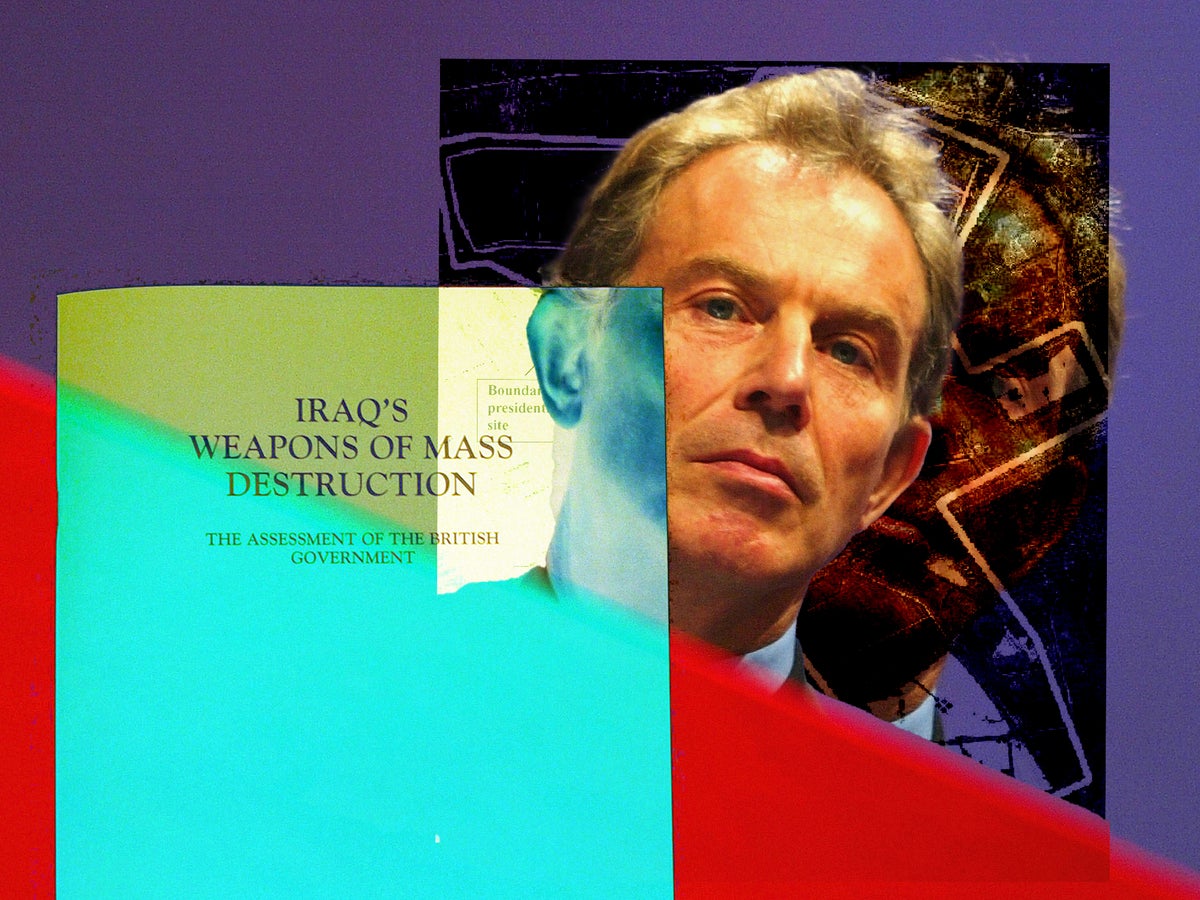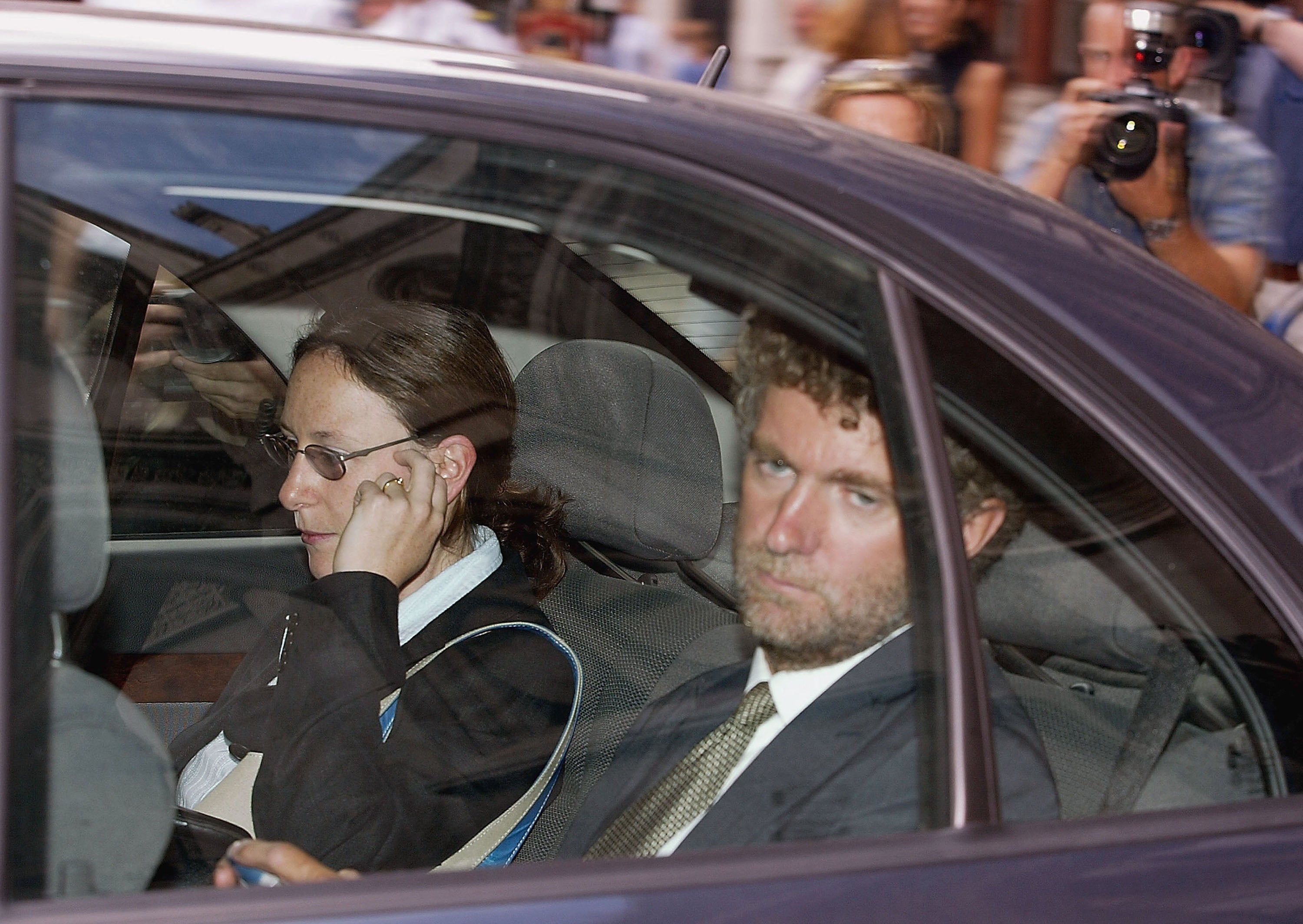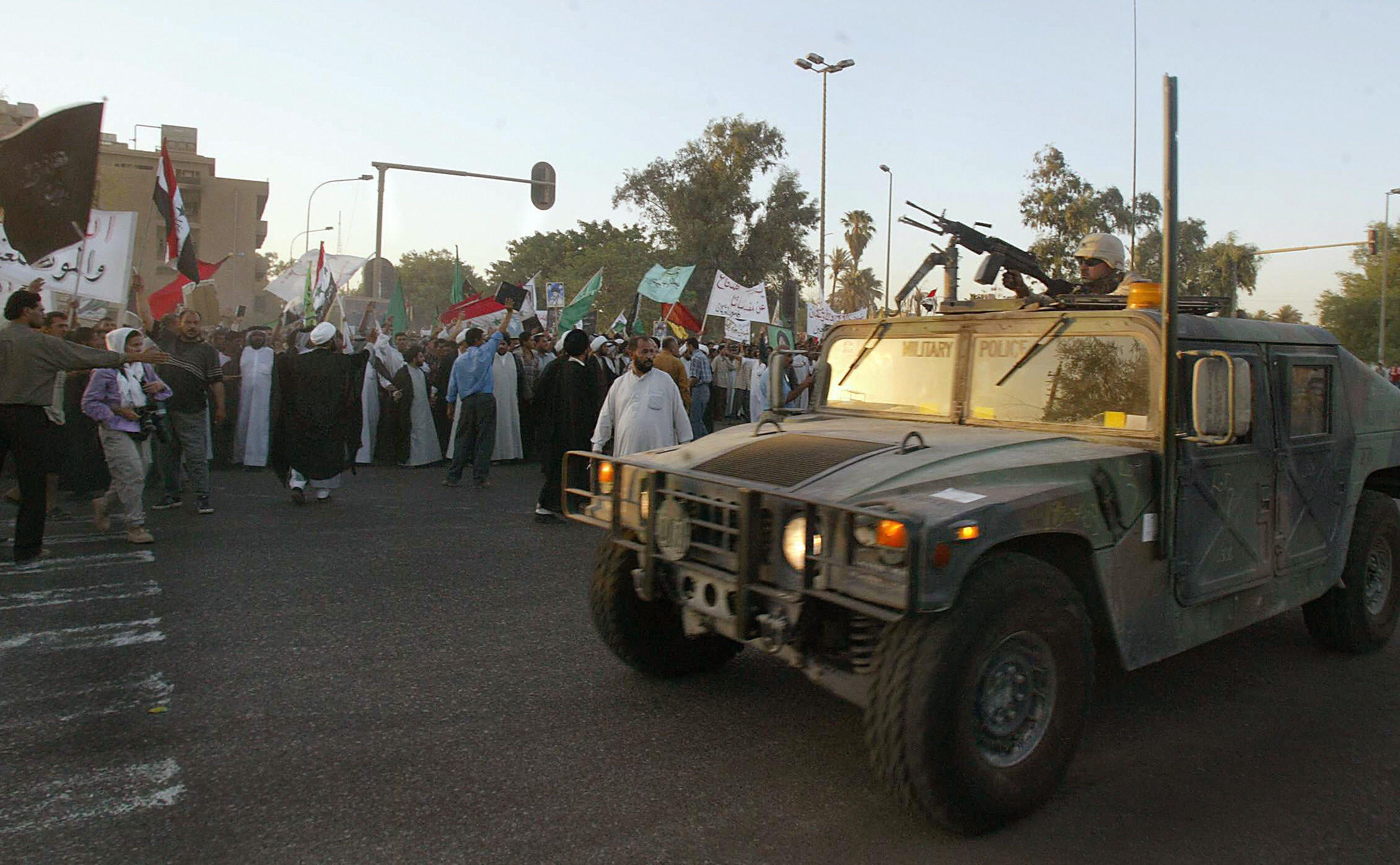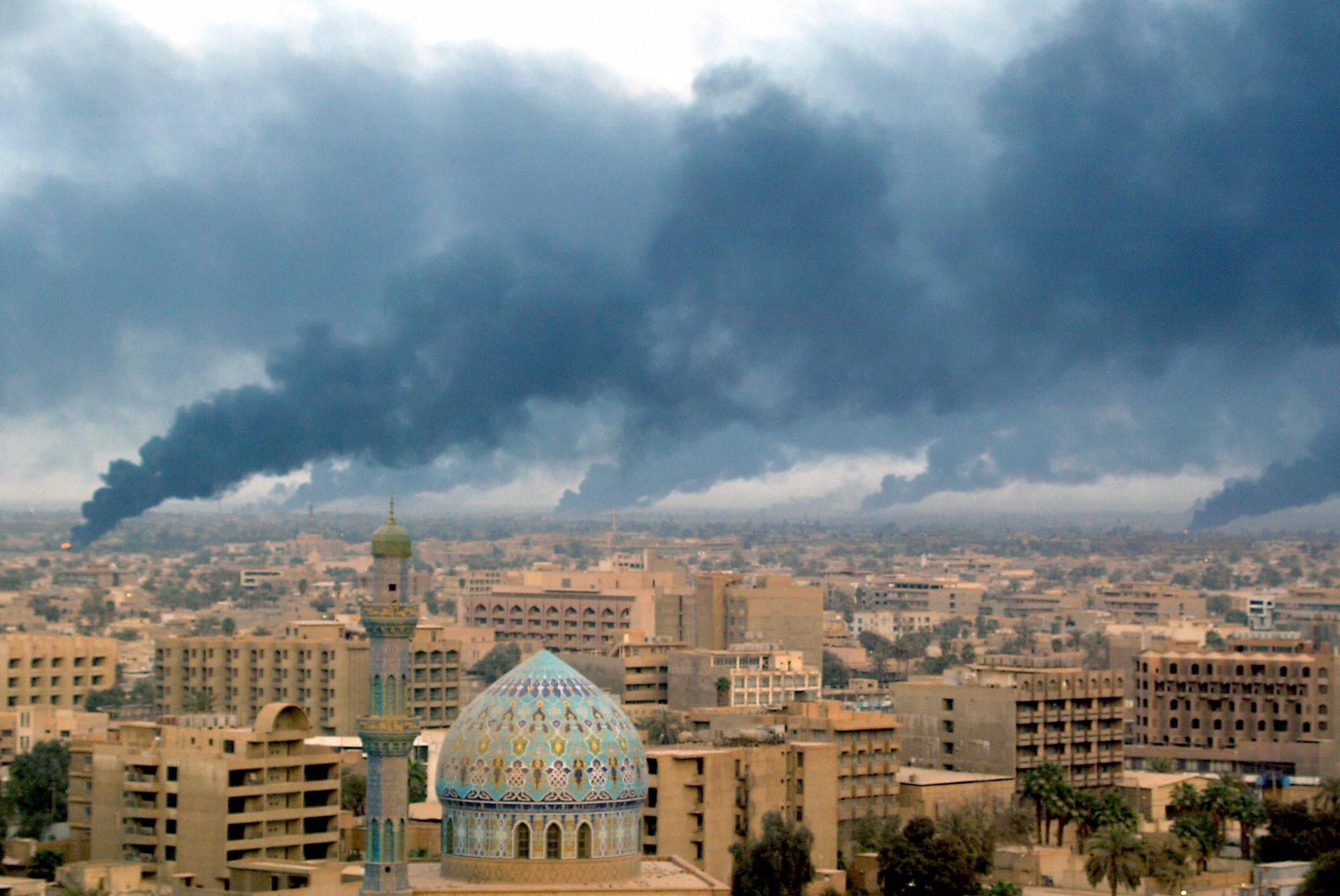
It was the moment when Alastair Campbell had to acknowledge that The Independent was living up to its title.
The conflict in Iraq was looming fast.
Filling in for his boss Tony Blair at a lunch at The Independent, Campbell, then No 10 Director of Communications had asked who in the room supported the war.
Tony O’Reilly, then the paper’s proprietor, his wife Chryss Goulandris, and the CEO Ivan Fallon put their hands up.
As I recall, none of the senior journalists present – including the editor, Simon Kelner – did.
Commendably unchecked by O’Reilly, Kelner duly steered the paper’s reasoned opposition throughout late 2002 and the first quarter of 2003 to war in Iraq, at least without a second UN resolution explicitly authorising it.
Yes, it carried signed articles supporting the war as well as those against it. But you only have to look at the headlines of the many (unsigned) editorials to see where The Independent stood.
In the run-up to the war, the paper was certainly read in Downing Street, as I would find when an email from Jonathan Powell, Blair’s chief of staff, surfaced during Lord Hutton’s inquiry into the death of MoD weapons expert David Kelly.

Dr Kelly died as a result of having taken his own life, in July 2003, after he was identified as the source of a BBC report alleging the Government had "sexed up" a "dodgy dossier" defining the threat proposed by Saddam Hussein.
The Powell email was sent to John Scarlett, chair of the Joint Intelligence Committee, and later head of MI6, just before publication of the dossier.
Powell said the statement that the Iraqi dictator would use “chemical and biological weapons if he believes his regime is under threat” was “a bit of a problem”.
He added: “It backs up the Don Macintyre argument that there is no CBW [chemical and biological weapons] threat and we will only create one if we attack him. I think you should redraft the para. My memory of the intelligence is that he has set up CBW to use on western forces…”
The reference to a column in which I had questioned whether Saddam was “mad” as well as “bad” enough to risk using weapons of mass destruction against the West was less relevant than Scarlett’s redrafting of the dossier.
Challenged to admit he had done so on Downing Street’s orders, Scarlett insisted he had revisited the intelligence and now agreed with Powell.

Lord Hutton accepted the explanation, as indeed he generally accepted the rest of the government’s defence against the charge that it had “sexed up” the dossier – triggering criticism, including by The Independent, that his report was a “whitewash”.
Once the war was underway, of course, it was given daily extensive coverage. When I arrived in Baghdad in May 2003, I saw for myself how far US forces were from fulfilling President Bush’s February 2003 promise of building an “inspiring” Iraq when the hot war was over.
As the rubbish piled up in the streets and the oil ministry was uniquely guarded from looting, Sadr City’s Qadiziyah hospital - crowded with children, whether suffering from a gastro-enteritis epidemic or from injuries inflicted by unexploded ordnance - was desperately short of electricity and clean water.
On a single day when the Americans were officially “getting the city back to normal”, the health minister resigned, a fire raged untended at the central telephone exchange, and at the central police headquarters I watched a US official summarily sacking the unreliable general that the State Department had appointed as the country’s police chief.
And all this was before the US proconsul Paul Bremer disbanded the Iraqi army – a move bitterly criticised for sowing the seeds of the Isis insurgency.
Yet there was still hope. In Najaf – reached then by a 91-mile drive from Baghdad – in the early summer of 2003, you would be surrounded as a foreign journalist by Iraqis profoundly relieved at the fall of Saddam and debating what kind of free Iraq they wanted.

Little more than a year later, the mood had darkened in the same city, accessible only by a now treacherous road on which we sat behind opened Arabic newspapers – in the hope of deceiving kidnappers who had already seized several foreign journalists.
Pictures linger in the mind’s eye from that August when US forces battled against Moqtada Al Sadr’s Mahdi Army around the Imam Ali mosque. On the holy soil of Najaf’s vast and battle-scarred Wadi el Salam cemetery, a poor civilian Shia family from Baghdad buried a relative and his two children, killed in a US night-time raid that had gone badly wrong.
As a US warplane caused a thunderous explosion by unleashing a missile a few hundred metres away, a gravedigger desperately waved a white sheet above his head in the hope of deterring further attacks. Alawi Lafi, the dead man’s 59-year-old cousin, said: “I do not know who is controlling Iraq. We pray to Allah to give us security and stability.”
In a Sharia courtroom, we were shown 15 blackened, grotesquely bloated, decomposing and unidentified bodies after an uneasy truce in what had been three weeks of continuing fighting.
Back in Baghdad, firemen fought the flames as a plume of back smoke rose from the wrecked Armenian church after a wave of simultaneous car bomb suicide attacks which killed at least 14 worshippers and presaged the almost total flight of Christians from the city.
“Security and stability” was not what awaited Iraq; indeed the violence would get far, worse including the bloody internecine conflict between Sunnis and Shia that The Independent's Middle East correspondent Robert Fisk had predicted before the war began.

By then I had returned to my Jerusalem base. For The Independent, the coverage of the war rested as ever with those whose trips to Iraq were far more sustained than my two stints of a few weeks: Fisk himself, Patrick Cockburn, Kim Sengupta, but also including Phil Reeves, Andrew Buncombe and Justin Huggler.
On 19 March 2003, the day after the Commons voted for war and the day before it started, The Independent’s editorial praised Blair’s speech, made the previous day on the widespread – though, as it would later prove, wrong – assumption that Saddam Hussein had WMD.
But it said that “as long as war was avoidable, we have opposed it”, and that all that could now be hoped for was a speedy end, minimal casualties, wholesale post-war reconstruction in Iraq and, even more elusive today than it was then, a just end to the Israel-Palestinian conflict.
Prophetically it added that “a protracted bloody conflict may yet prove to be a price not worth paying”.







